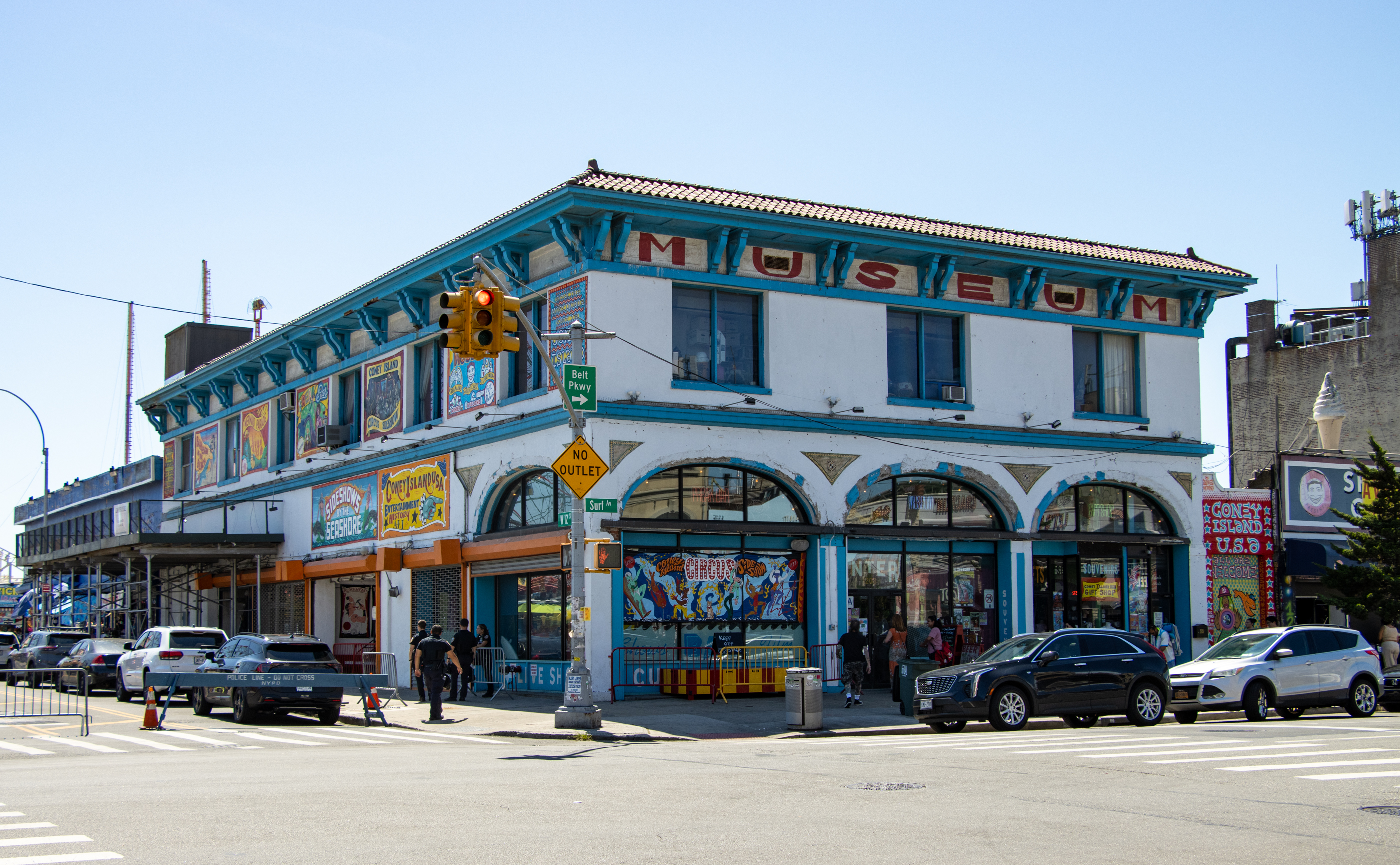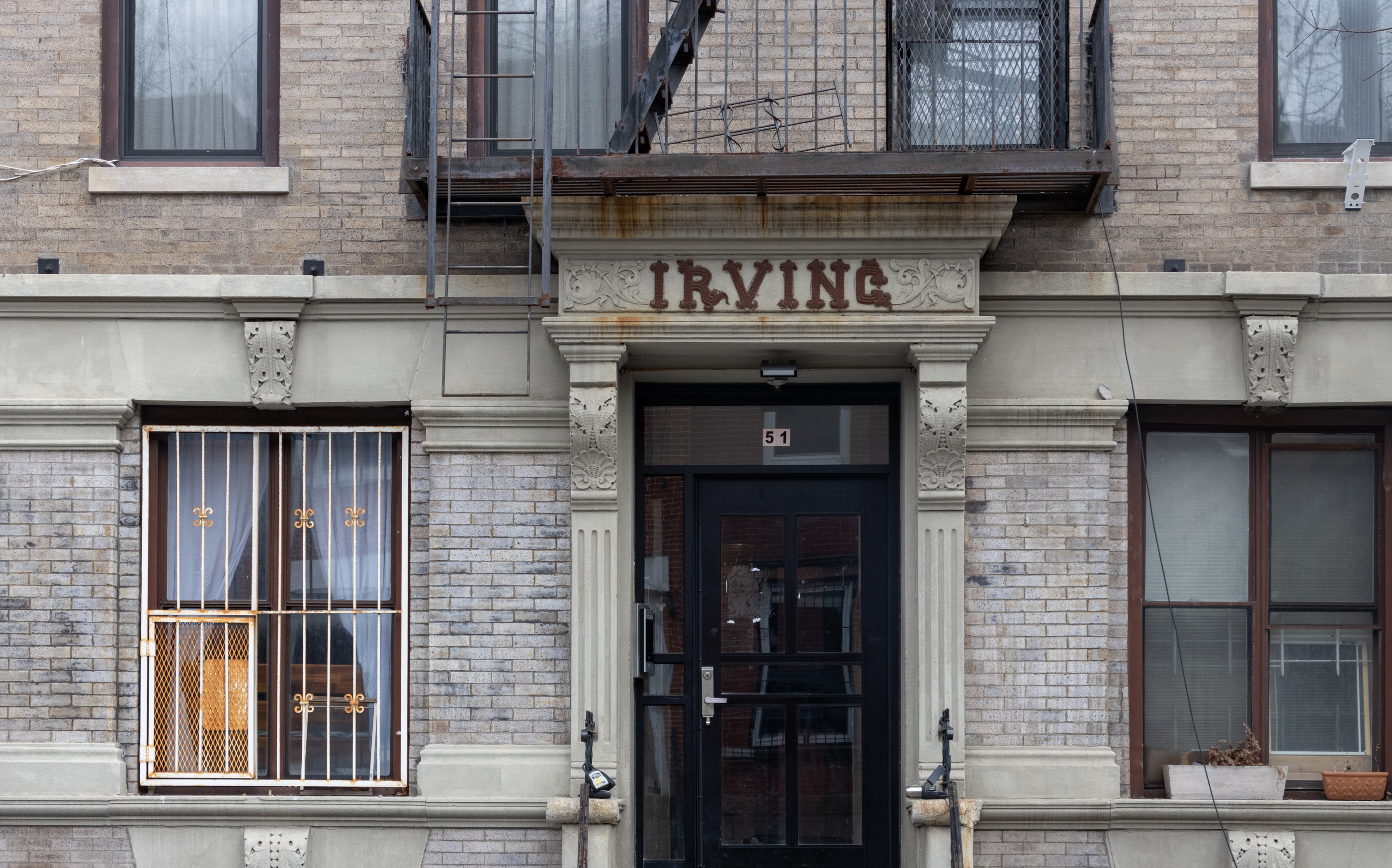Bubble Bursting Would Be No Big Deal
Times columnist David Lenhardt looks the real estate bubble straight in the eye and shrugs. While some people, particularly those with a pressing need to downsize or move to a cheaper market, would feel pain if prices fell 25 or 30 percent, existing homeowners should be fine and may even find a pull-back to be…


Times columnist David Lenhardt looks the real estate bubble straight in the eye and shrugs. While some people, particularly those with a pressing need to downsize or move to a cheaper market, would feel pain if prices fell 25 or 30 percent, existing homeowners should be fine and may even find a pull-back to be an opportunity to trade up:
Instead of panicking, most homeowners should be taking a deep breath. The real estate slump of 2006 offers a fresh chance to puncture the No. 1 myth about the nation’s No. 1 topic of conversation: the idea that we should all be rooting for high house prices. The myth is good for real estate agents, but it creates needless anxiety for everyone else. It’s time that most of us learned to stop worrying and love the bursting bubble.
Don’t Fear the Bubble That Bursts [NY Times]





FYI in New York Magazine a nice bit about rents in Manhattan. Seems everyone renting while waiting for the bubble to burst has lead to a 1% vacancy rate in downtown Manhattan. As a result rents in Peter Cooper Vill. are going up as much as 25%. And every .25% in intrest on a 30 year 600K loan means an extra 220K in payments. Looks like a lose lose to me.
Much of the “FI” work in “FIRE” can just as easily be done in Georgia or Bangalore and is increasingly moving to such locations. As for the “RE” in “FIRE”, its an interesting argument to say that Real Estate will not depreciate because the local economy is driven by Real Estate. Indeed it is, and perhaps too much so.
If anything, our increasingly concentrated, FIRE-based economy is adding more potential volatility in the real estate market than in other parts of the country of the country. FIRE is facing increasing competion from abroad in ways that other industries and their associated regional economies are not.
Hollywood gains world market share in entertainment every year. Florida gains tourism market share every year. Texas gains oil revenue every year. Hence, these areas are gaining population at a much faster clip the NYC.
Meanwhile, european stock markets, electronic stock markets, Irish/Carribean Insurers and global investment banks keep taking market share away from New York. Do you really think that the floor traders in the funny jackets are going to be around much longer?
I live for the “NYC is different” argument. Seriously, people here have made good arguments for and against – that is definitely the worst one of all. NYC has had its real estate collapses, same as everywhere else, and it can again.
Since 9/11 the bubble heads have been predicting the end is near. I can’t wait for the 5th annual New York Magizne “The Sky is Falling” issue. The main fact is NYC is not like the rest of the country. The local economy is driven by “FIRE”. Finance,Insurance,and Real Estate. As long as they remain strong and more people continue to move in than move out, the law of supply and demand will rule.
Do you honestly think the federal government would use the new tax revenue for education, energy alternatives/conservation and urban infrastructure? The repeal of the interest rate deduction will not likely happen in any event, and if it does, would be a long way off.
grendel and iceberg,
You both get this wrong. Supply curves are upward sloping so shifts in demand along the supply curve would result in reduction in prices (and housing consumption), but by less than the total current tax deduction.
The reduced prices would not result in $80 billion dollars less in interest being paid and deducted.
Home prices would fall and tax revenues would rise, but by somewhat less than the current mortgage interest deduction.
The chief objection to the tax deduction is that it cause under consumption/investment in other commodities and capital which is not necessariy in our best interest long-term.
We have massive pristine brownstones, but poorly educated children, crumbling subways, soaring energy costs, etc.
iceberg, that’s absolutely true, but doens’t that also mean that tax policy is artificially raising the price of housing, pricing out those potential buyers on the margin?
Sorry if you say this in your blog, don’t have time to read it.
As David in NY says, it depends on a lot of factors, but people looking to trade UP will do better in a down market so long as their income is stable and the overall economy does not get in a hand basket (2 significant “ifâ€s).
I needed larger space in 1993 than the small-ish loft I had bought in 1987. When I bought a much larger loft in 1993, I lost a chunk on my smallish loft *but* the gap to the larger apartment I needed had shrunk. Lucky for me, the new loft tripled in value since 1993. Leonhardt addresses this in a sideboard that did not make the print edition, but is on line at http://www.nytimes.com/2006/03/01/business/01leonhardt_side.html?n=Top%2fReference%2fTimes%20Topics%2fPeople%2fL%2fLeonhardt%2c%20David
BTW folks, Leonhardt uses 12% for the 1988-1995 dollar price drop, then converts this to “nearly 33% in inflation-adjusted termsâ€. I see business writers make that inflation adjustment for real estate values a lot, but have not noticed them making the same adjustment when talking about, for example, stock market values.
smatti